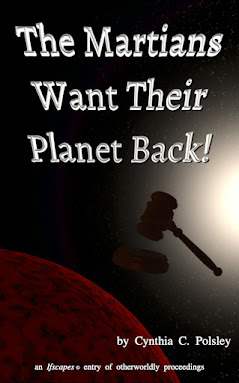Another new study has been published with encouraging results for those working to regain hand and arm mobility, and it has something to say about the nature of persevering in hope. In a trial conducted by University of Washington researchers, six participants received noninvasive stimulation of spinal cord nerve cells. The six people who took part in the study did physical therapy together with the stimulation. Every one of the six had some improvements in hand function.
Senior author and UW associate professor Chet Moritz emphasizes the importance of changes witnessed during the study:
"Both people who had no hand movement at the beginning of the study started moving their hands again during stimulation, and were able to produce a measurable force between their fingers and thumb . . . That’s a dramatic change, to go from being completely paralyzed below the wrists down to moving your hands at will."
Six months after the conclusion of training with the stimulation, these dramatic improvements remained. Researchers found the results more impressive than they expected.
One of the most worthwhile remarks is an observation made by Moritz later in the same article:
"We’re seeing a common theme across universities — stimulating the spinal cord electrically is making people better . . . But it does take motivation. The stimulator helps you do the exercises, and the exercises help you get stronger, but the improvements are incremental. Over time, however, they add up into something that’s really astounding."
In context, Moritz is referring to the possible benefit of spinal cord stimulation in conjunction with exercises. Still, I want to draw attention to a slightly different implication of his statement in relation to SCIs: small changes can have more significance than we may attribute to them. It is all too easy to give up when improvements are taking time or seem barely noticeable, especially since (unfortunately) some therapists discourage the belief that relatively little changes could become anything meaningful. Yet as this study demonstrates, little things can add up. And they can truly matter.
Significance can arise from small things in almost every area of life. How often do we hear that you should never give up, just because circumstances look hopeless? Or how frequently are we told that practice and training make a difference, even if that difference is not yet visible? Improvements and changes might be "incremental," as Moritz describes them, but maybe "[o]ver time" they could become "something that's really astounding." Persevering is difficult. When a situation appears to be hopelessly slow — or not improving at all — it might look like time to give up. It could be that you need stimulation in some sense: a refreshing perspective, a new discipline, a boost of creativity, or some other infusion of life. Or you may simply need to forge ahead as you are. Whatever the case, realize that significance might look really different from what you would expect.
As these types of studies continue to take place, perhaps they will lead to a greater awareness of what significance can look like — and encourage people to keep moving forward in hope.

